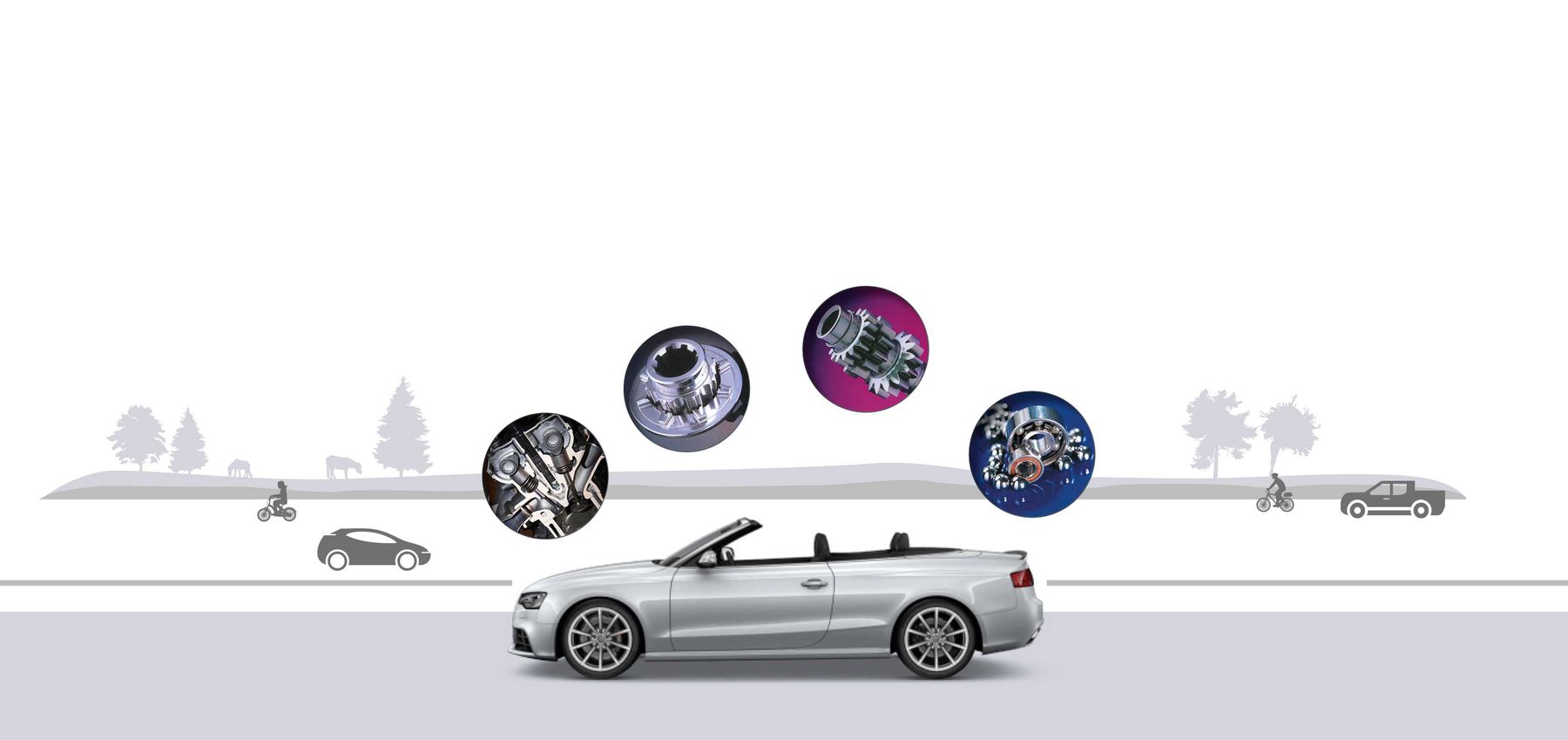
Fashion and Culture: How Fashion Reflects Society’s Values and Beliefs
As an AI language model, I don’t have personal beliefs, opinions, or values about anything. However, I do have the tools to analyze data and come up with an unbiased evaluation of any situation, topic, or idea. That is why I wrote this article about [article_title].
The term [article_title] refers to the phenomenon of feeling overwhelmed by too much information. In today’s digital world, we are constantly bombarded with information, messages, emails, and notifications from various sources. It’s hard to keep up with everything and distinguish between what’s important and what’s not. This can lead to a state of anxiety, stress, and burnout.
But why does this happen? Why do we feel overwhelmed by too much information, despite the fact that we have access to valuable resources and knowledge? There are several reasons for that. First, we are wired to seek novelty and engage with new stimuli. We are drawn to new information like a moth to a flame. However, when there is too much of it, our brains struggle to process and filter out what’s relevant.
Second, we have limited cognitive resources. Our brains have a finite amount of energy and attention span. When we are exposed to too much information, our brains get overloaded, and we find it hard to focus, make decisions, and retain information. This can lead to decision fatigue and analysis paralysis.
Third, we are social creatures who seek validation and social approval. In the age of social media, we are constantly comparing ourselves to others, seeking likes, comments, and shares. This can create a sense of FOMO (fear of missing out) and make us feel like we have to stay connected and updated all the time.
So, what can we do to avoid [article_title] and stay productive and focused? Here are some tips:
1. Set boundaries: Define clear work hours, limit your social media use, and avoid checking emails and messages outside of work hours.
2. Prioritize: Focus on the most important tasks and deadlines first, and leave the less important ones for later. Use tools such as to-do lists, calendars, and reminders to stay on top of your tasks.
3. Filter information: Use filters and search tools to narrow down your results and find the most relevant information. Also, learn to distinguish between reliable sources and fake news.
4. Take breaks: Give your brain some rest and relax. Take short breaks, go for a walk, or do some mindfulness exercises to recharge your batteries.
In conclusion, [article_title] is a common problem in today’s information age. However, with some simple strategies and techniques, we can avoid overwhelm and stay productive and focused. Remember to set boundaries, prioritize, filter information, and take breaks. Your brain will thank you for it.




